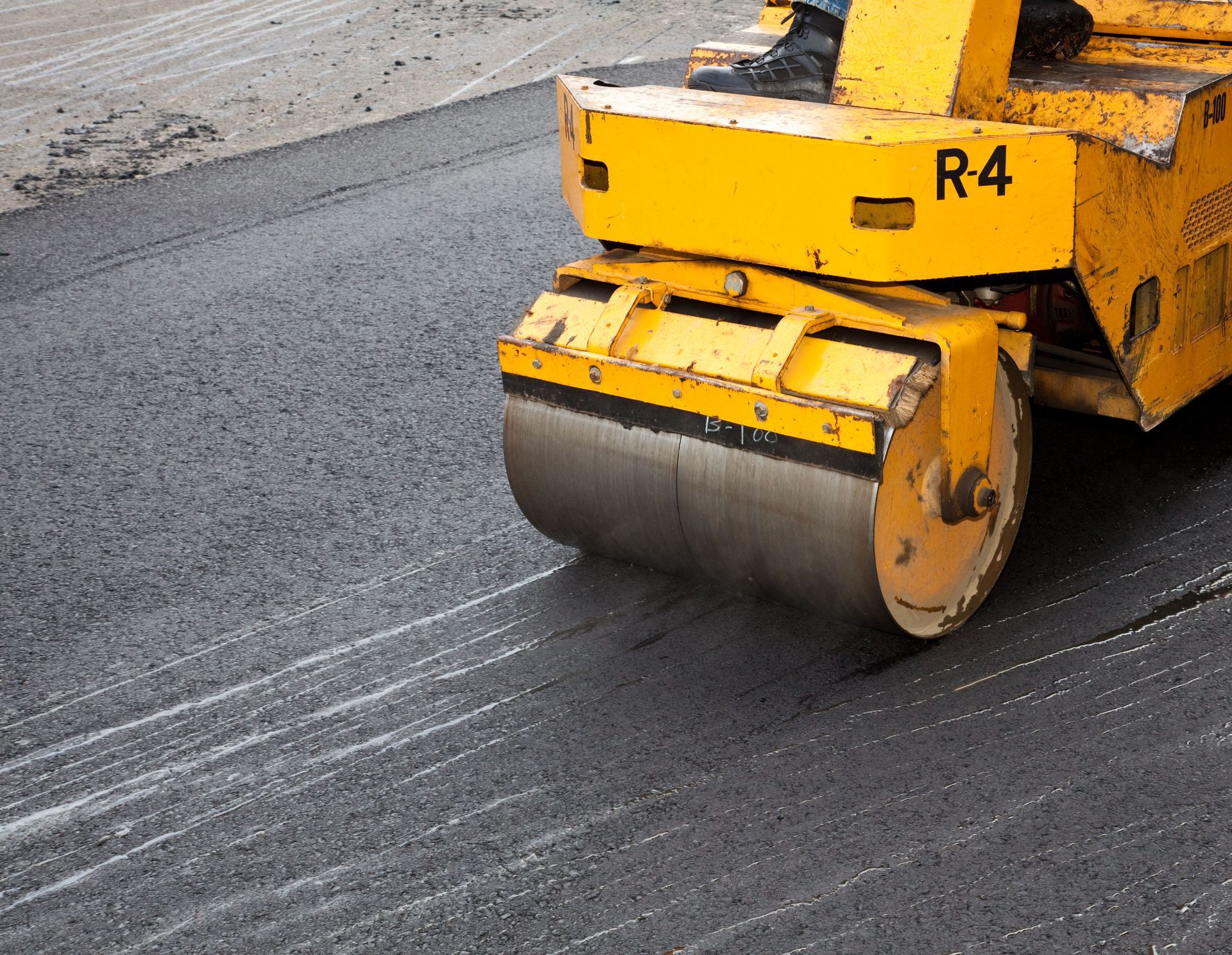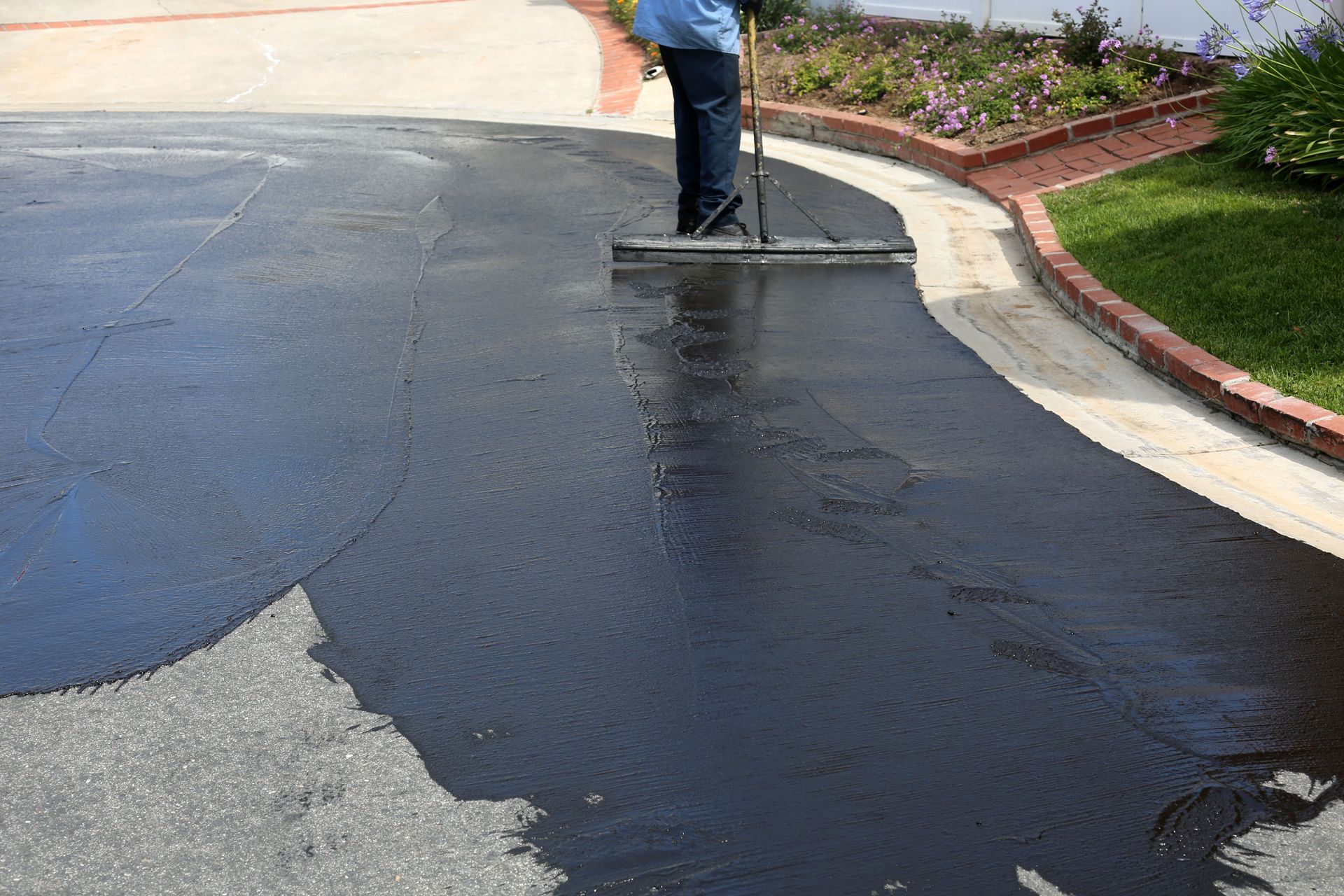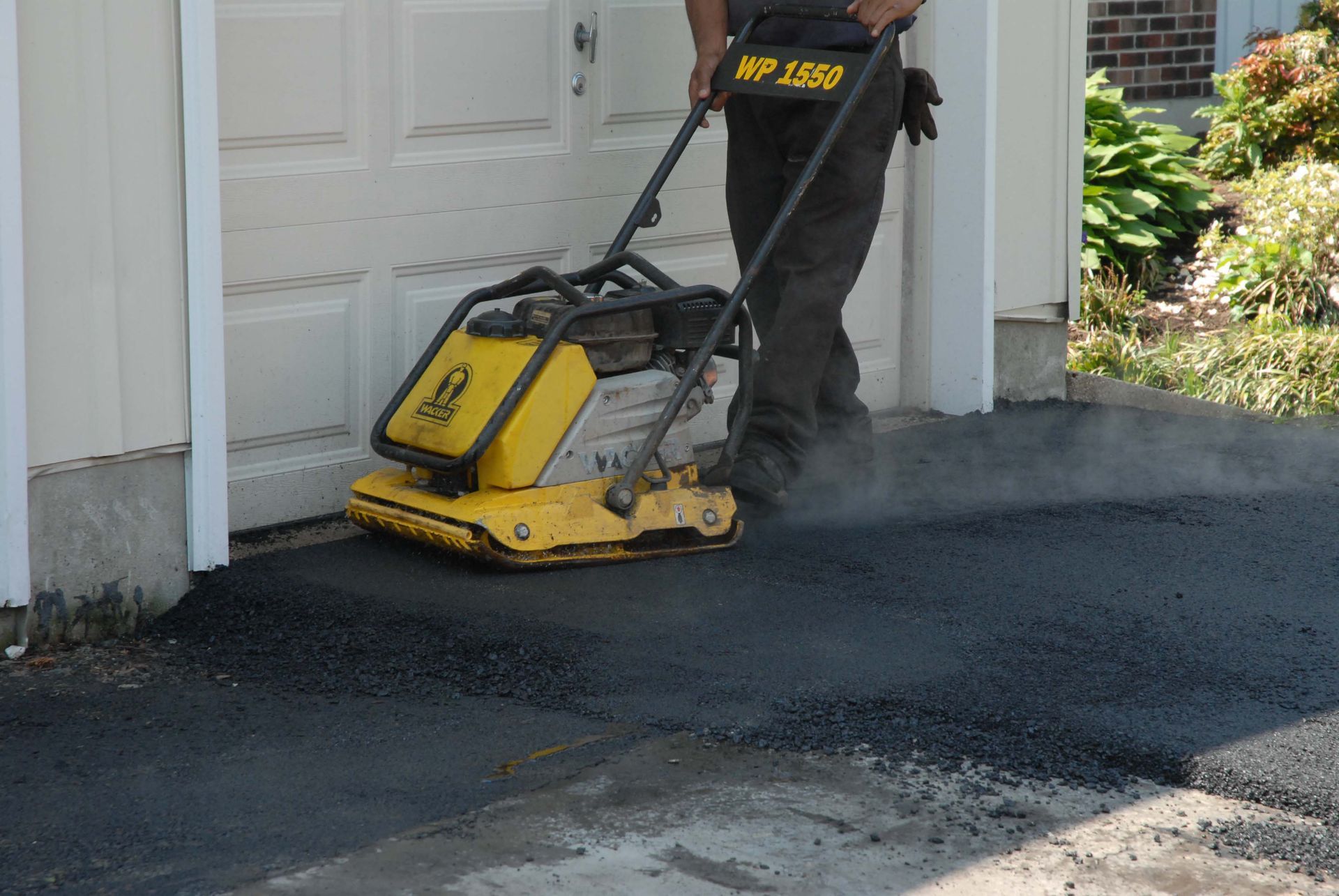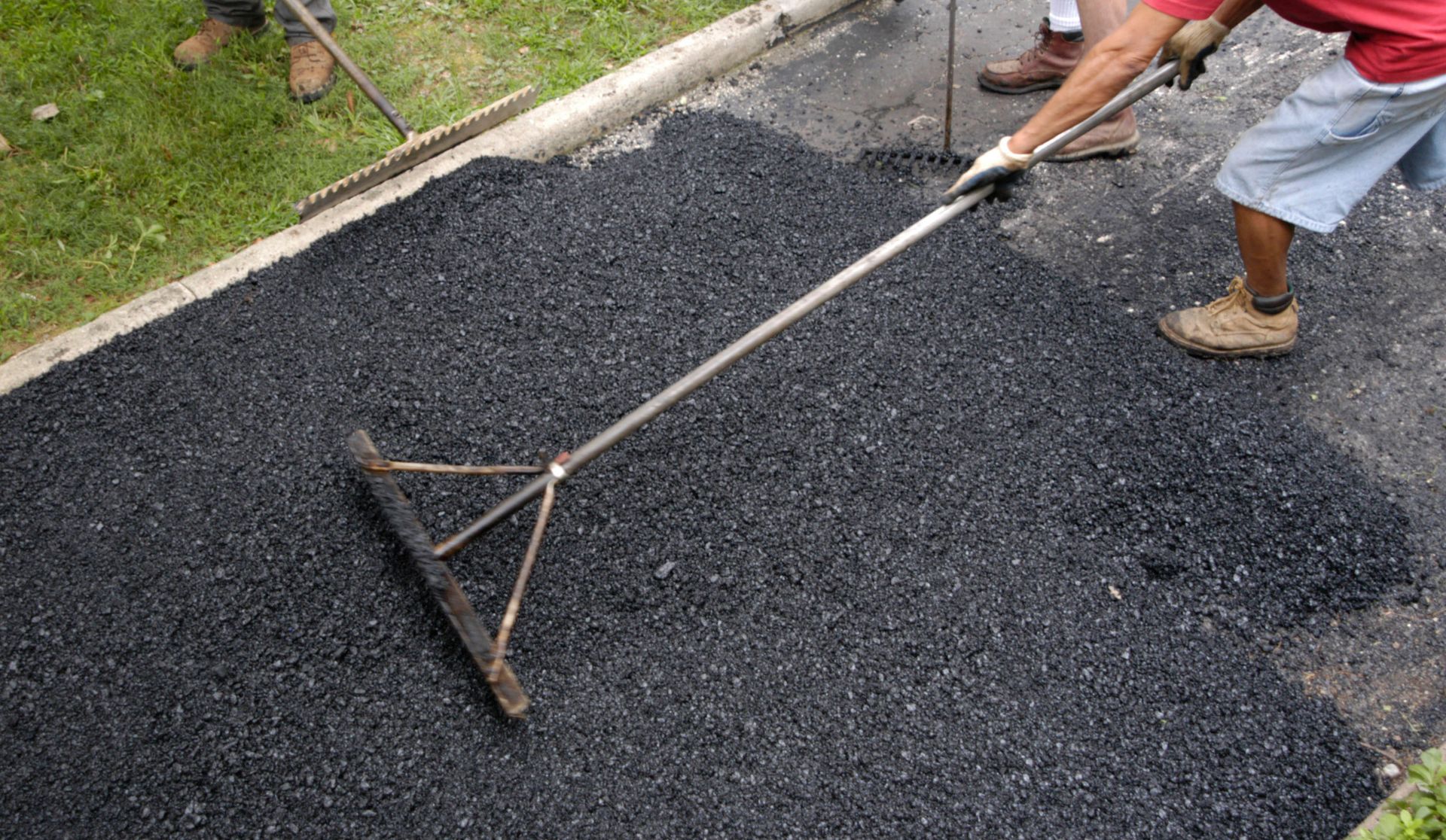August 14, 2025
Paving a driveway is a significant home improvement project that enhances both functionality and curb appeal. Choosing the right material, understanding the costs, and properly preparing your site are all essential steps. Whether you're installing a new driveway or replacing an old one, knowing what to expect can save time, money, and hassle. This article explores essential considerations for homeowners planning a driveway project, including asphalt paving benefits, budgeting strategies, site preparation steps, and installation best practices.
Choosing the Right Material
The two most common options for residential driveways are concrete and asphalt paving. Asphalt is often favored for its lower initial cost, quicker installation, and ability to withstand freeze-thaw cycles without extensive cracking. Concrete tends to be more expensive but offers a longer lifespan and a wider range of decorative finishes.
Asphalt paving provides a sleek, black surface that suits most home styles. It also offers flexibility, making it ideal for areas with seasonal temperature changes. On the other hand, concrete is more rigid and can crack over time if not installed correctly.
Exploring Alternative Surfaces
Gravel is a budget-friendly and low-maintenance option, especially suitable for rural areas. However, it requires regular replenishing and grading. Pavers and bricks add charm and customization but at a higher cost. Permeable paving solutions are growing in popularity for eco-conscious homeowners due to their ability to manage water runoff. Still, for those balancing cost, performance, and appearance, asphalt paving remains a reliable and attractive choice.
Comparing Costs and Value
Asphalt paving typically costs a bit less than concrete, and your local provider can give you a better idea of budget. Brick or paver driveways can be even pricier, depending on design complexity. Beyond upfront costs, ongoing maintenance is a crucial factor. Cost-effectiveness combined with durability makes asphalt paving a top contender for homeowners looking to maximize return on investment (ROI) without overspending.
Maintenance Requirements
We generally recommend that asphalt driveways are sealed within the first year after installation and every few years thereafter. This timeline works best, we have found, because it protects against moisture infiltration, UV rays, and cracking. Regular sweeping and prompt filling of small cracks can further extend the life of an asphalt surface. According to Bob Vila, sealing a new asphalt driveway within the first year of installation is recommended, and it should be resealed every few years, usually between three and five, to maintain its durability and appearance.
Concrete requires less frequent maintenance but may show oil stains and surface scaling. Gravel needs periodic leveling and weed control. If low maintenance is a priority, asphalt paving strikes a practical balance between upkeep and resilience.
Environmental Considerations
Asphalt paving can be eco-friendly when using recycled materials. Reclaimed asphalt pavement (RAP) is increasingly used in new installations, conserving resources and reducing emissions. Permeable asphalt also allows water to seep through, improving drainage and reducing runoff. While concrete can be mixed with supplemental cementitious materials to lower its environmental impact, asphalt’s recyclability makes it a leading choice for sustainability-minded projects.
Estimating a Realistic Budget
Begin your budget by calculating square footage and material costs. Add labor fees, which vary by region and contractor. Don't forget to account for grading, drainage systems, permits, and landscaping. Asphalt paving offers competitive pricing, often delivering the most value for the dollar.
For large driveways or custom layouts, request detailed estimates that include all project components. This helps prevent surprise expenses down the line.
Considering Financing Options
Driveway installations can be financed through home improvement loans, personal loans, or contractor-offered payment plans. Many lenders offer fixed-rate loans specifically for residential improvements. If choosing asphalt paving, lower installation costs may mean you need to finance less overall. Before signing any agreements, evaluate interest rates, repayment terms, and your monthly budget. A smart financing strategy allows you to enhance your property without unnecessary financial strain.
Accounting for Hidden Expenses
Don’t forget about permits, which can cost hundreds depending on your municipality. Unexpected grading or soil stability issues can also increase costs. Proper drainage systems, especially for sloped properties, are essential to avoid water damage and erosion. Maintenance over time—such as sealing for asphalt paving or weed control for gravel—should be factored into your long-term budget.
Evaluating Contractors and Quotes
Hire licensed contractors with experience in asphalt paving. Obtain multiple bids and ensure each quote includes materials, labor, permits, and prep work. The lowest price isn’t always the best—consider reputation, project history, and communication style. Ask for a written contract that outlines payment schedules, project scope, and a clear timeline. This minimizes misunderstandings and protects both parties throughout the project.
Planning for Long-Term ROI
A professionally installed driveway can boost property value, especially if it complements the home's exterior. Asphalt paving increases curb appeal, adds convenience, and creates a positive impression for visitors or potential buyers. Longevity, combined with affordability and visual appeal, makes asphalt a solid investment—especially when paired with consistent maintenance and professional workmanship.
Preparing the Site
Site preparation begins with clearing vegetation, old pavement, or debris. Contractors will excavate to the required depth and evaluate soil stability. If the soil is too soft, additional gravel or compacted fill may be needed to create a solid base.A stable sub-base is critical to the success of any paving project. Asphalt paving requires a level, well-drained foundation to prevent sagging and cracking over time.
Handling Permits and Regulations
Check with your local building department to determine if a permit is required. Some municipalities require permits for excavation, grading, or drainage improvements. Failure to obtain permits can delay your project or result in fines.
Reputable contractors often handle permitting as part of their services, ensuring your asphalt paving project remains compliant with local codes.
Planning for Drainage
Proper drainage is essential to prevent standing water and surface damage. A good contractor will design a slope or incorporate drains to direct water away from the pavement and home foundation. Permeable asphalt or surrounding landscaping can improve drainage further.
Neglecting drainage during installation is a common mistake that can shorten the lifespan of your driveway, regardless of the material used.
Laying a Strong Foundation
Before any asphalt paving begins, the base must be compacted and graded properly. The base typically includes layers of crushed stone or aggregate, compacted to prevent shifting and ensure durability. This step is essential to support the weight of vehicles and resist erosion.
A well-installed base provides a strong foundation that helps asphalt paving last for decades with proper care.
The Installation Timeline
In our experience, a typical asphalt paving project can take two to five days, depending on size and complexity. This includes excavation, base installation, and paving. The driveway usually requires a few days to cure before it's ready for regular use. Weather can affect scheduling, especially in cooler climates.
Set expectations with your contractor and build in time for unforeseen delays to ensure a smooth experience.
Planning a driveway project requires careful thought and attention to detail. Asphalt paving offers an ideal combination of affordability, resilience, and ease of maintenance. From selecting materials and setting a budget to choosing a reliable contractor, each decision impacts the longevity and value of your investment.
By preparing your site properly, ensuring proper drainage, and understanding long-term maintenance, you can enjoy a driveway that looks great and performs well for years to come. Whether you're focused on cost-effectiveness or curb appeal, asphalt paving remains a leading option for homeowners seeking lasting results. For high quality paving services with over three decades of experience, contact Liberty Paving Co. LLC today!






